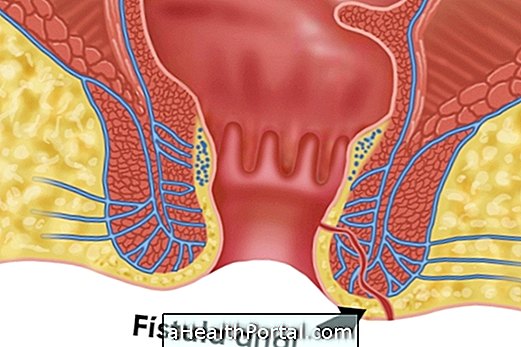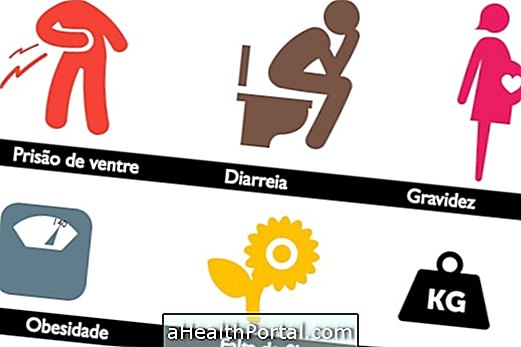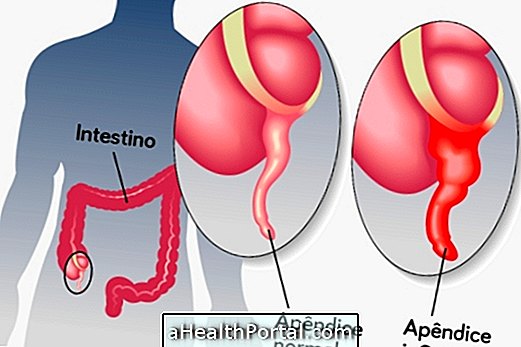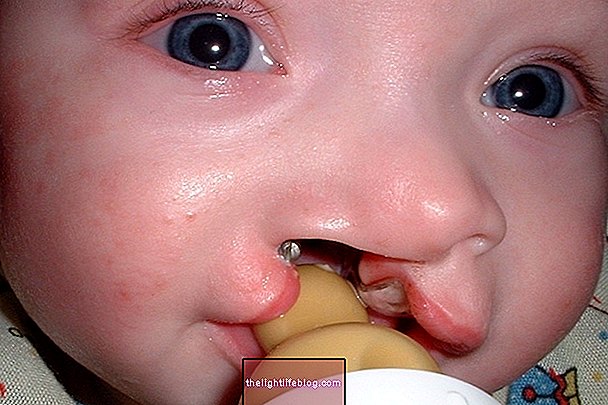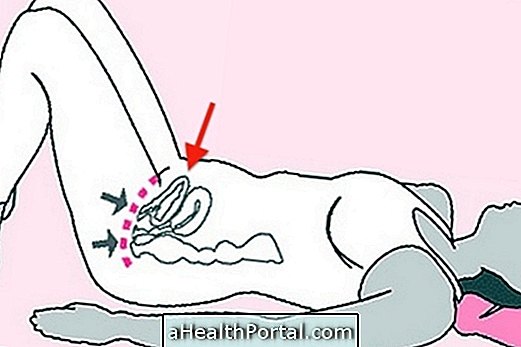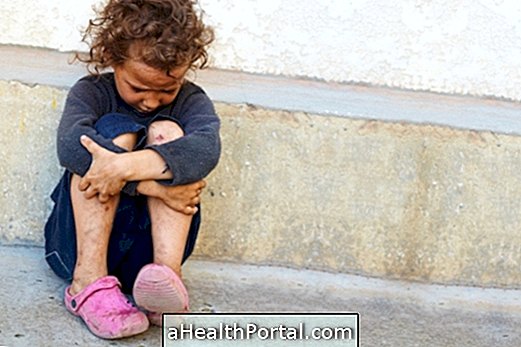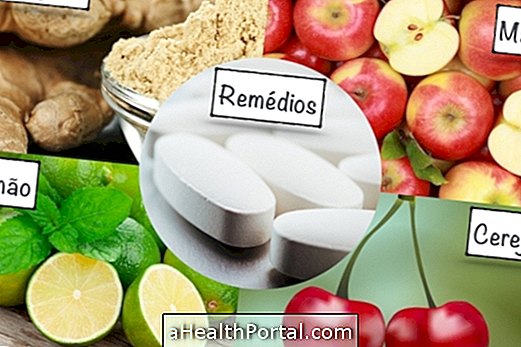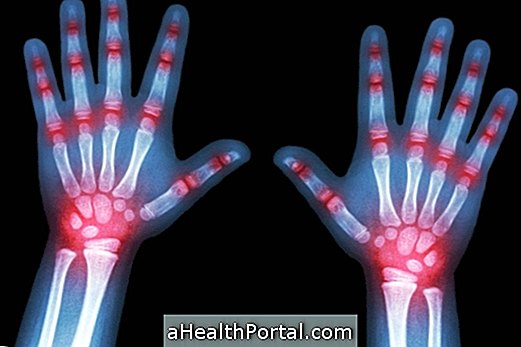Enteritis is an inflammation of the small intestine that can worsen and affect the stomach, causing gastroenteritis, or the large intestine, leading to the appearance of colitis.
The causes of enteritis may be the consumption of foods or drinks contaminated with bacteria such as Salmonella, viruses or parasites; some medicines like ibuprofen or naproxen; use of cocaine; radiotherapy or autoimmune diseases, such as Crohn's disease.
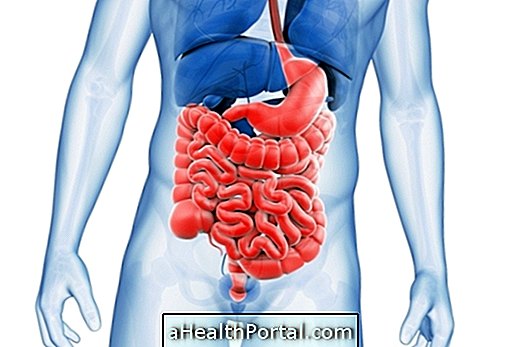
Types of enteritis
Enteritis can be classified according to its types, which include:
- Chronic or acute enteritis, depending on the time in which the inflammation and symptoms persist in the individual;
- Viral or bacterial enteritis, depending on the micro-organism causing the disease;
- Catarrhal enteritis which, in addition to inflammation of the intestine, has large production of yellowish mucus which is excreted along with diarrhea.
Some risk factors such as recent trips to locations with poor sanitation, drinking untreated and contaminated water, being in contact with individuals who have had a recent history of diarrhea, increase the chance of getting enteritis.
Symptoms of inflammation in the gut
Some symptoms of enteritis are:
- Diarrhea;
- Loss of appetite;
- Bellyache and colic;
- Nausea and vomiting;
- Pain when defecating;
- Blood and mucus in the stool;
- Headache.
In the presence of these symptoms, the individual should consult the gastroenterologist to diagnose the enteritis and start their treatment, avoiding the worsening of the disease and cases of severe dehydration.
Treatment for inflammation in the intestine
The treatment of enteritis consists of:
- Rest;
- Diet based on banana, rice, applesauce and toast for 2 days;
- Ingestion of large quantities of liquids such as water or tea;
- Intake of sodium and potassium-based electrolyte solutions to prevent dehydration of the body.
In more severe cases, hospitalization may be necessary to be hydrated intravenously.
The enteritis usually disappears after 5 or 8 days and usually the treatment involves drinking large amounts of water to hydrate the body.
In bacterial enteritis antibiotics, such as Amoxicillin, can be taken to eliminate the bacteria that cause the infection. Antidiarrheal remedies, such as Diazec or Imosec, should be avoided as they may delay the outflow of the microorganism that causes intestinal tract infection.

